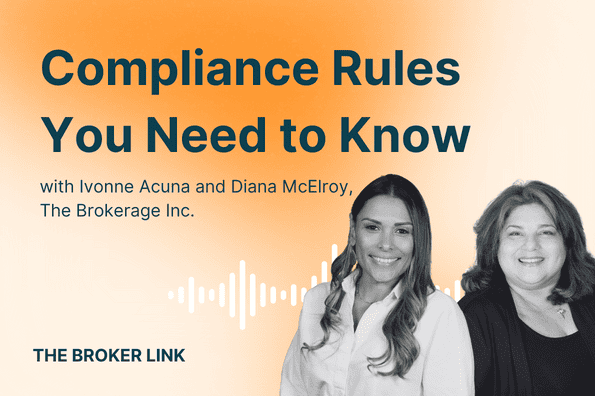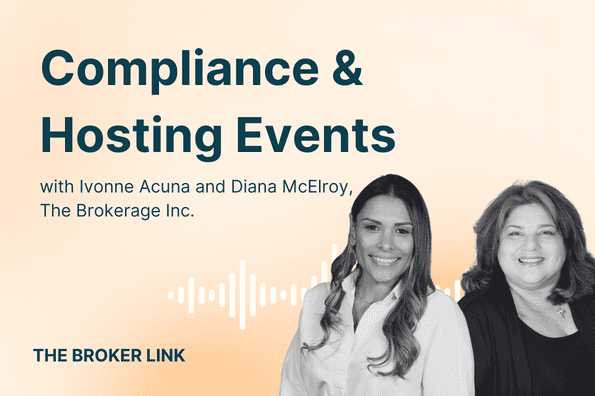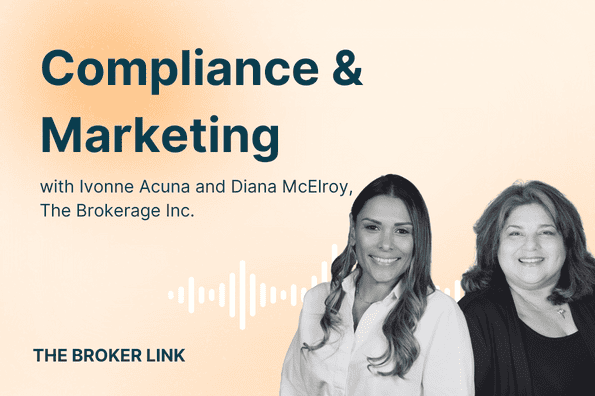Episode Summary
Gillen and Diana have an in-depth discussion about compliance guidelines for marketing and communications during the upcoming Annual Enrollment Period. As agents prepare for enrollment season, understanding these compliance rules and best practices is essential.
They start by providing an overview of the training agents have received on compliance. This covers the guidelines agents need to follow when conducting marketing and educational outreach to consumers about Medicare plans.
An important theme Gillan emphasizes is that agents should see compliance as something that helps them, not as a "boogeyman" to be feared. The rules exist to protect consumers from misleading marketing tactics. When agents follow them, it builds trust and protects the agent as well. Diana agrees, explaining how compliance aims to safeguard both consumers and agents.
The two clarify there is an important difference between marketing activities that aim to draw attention to plans, versus communications that simply educate about options. Marketing requires a more extensive approval process, while educational communications just need a disclaimer. They advise agents to lean on pre-approved marketing materials as much as possible to avoid constantly submitting new pieces for approval.
Diana outlines the multi-step approval process marketing content must go through. This includes reviews by the carrier and final approval from CMS before materials can be used. She acknowledges it can feel tedious, but notes this process allows agents to say they have officially approved materials.
In terms of best practices, Gillan and Diana recommend keeping information generic rather than too promotional when creating materials. Be transparent about your role as an agent and your relationship with carriers. They also emphasize using common sense - if something seems questionable, leave it out.
Throughout the discussion, Gillan and Diana frame compliance as something agents should become comfortable with through training and practice rather than trying to avoid it. The rules exist to build trust between agents, carriers, and consumers.
They advise agents to reach out to the dedicated compliance email address with any questions. The compliance team wants to help agents understand the guidelines and apply them correctly. Ongoing training will cover specifics as enrollment kicks off.
In summary, the key takeaways are:
- See compliance as helpful, not a hindrance
- Know the difference between marketing and communications
- Use pre-approved materials when possible
- Keep info generic, be transparent, and use common sense
- Ask questions and get comfortable with the guidelines
Following the rules allows agents to focus on what matters most: helping clients understand their Medicare options and choose the optimal plan for their needs. Compliance gives agents and consumers confidence they are engaging in ethical practices.
Timestamps
(0:00:04) - Broker Link podcast part two about compliance discusses marketing and communications guidelines
(0:00:37) - Welcome to the Broker link podcast discussing compliance for insurance agents
(0:01:45) - Diana: We had a good turnout for our training on compliance
(0:07:54) - There is a difference between marketing and communication when preparing material for distribution
(0:14:22) - Keep it generic. Keep it simple because I think I showed you recently a piece with lots of detail
(0:15:27) - Be transparent with your people when working in sales, trust is very important
(0:18:50) - Make sure that whatever you're presenting is specific to that area
(0:20:20) - You should give your consumers the option on how to contact you
(0:21:29) - Several disclaimers must be displayed on marketing pieces
(0:26:42) - Another common question is whether you can use the Medicare logo in advertising
(0:28:10) - Diana: So what's considered your area? Okay, so I asked CMS
(0:32:51) - How do you get started with the insurance brokerage, Inc.





